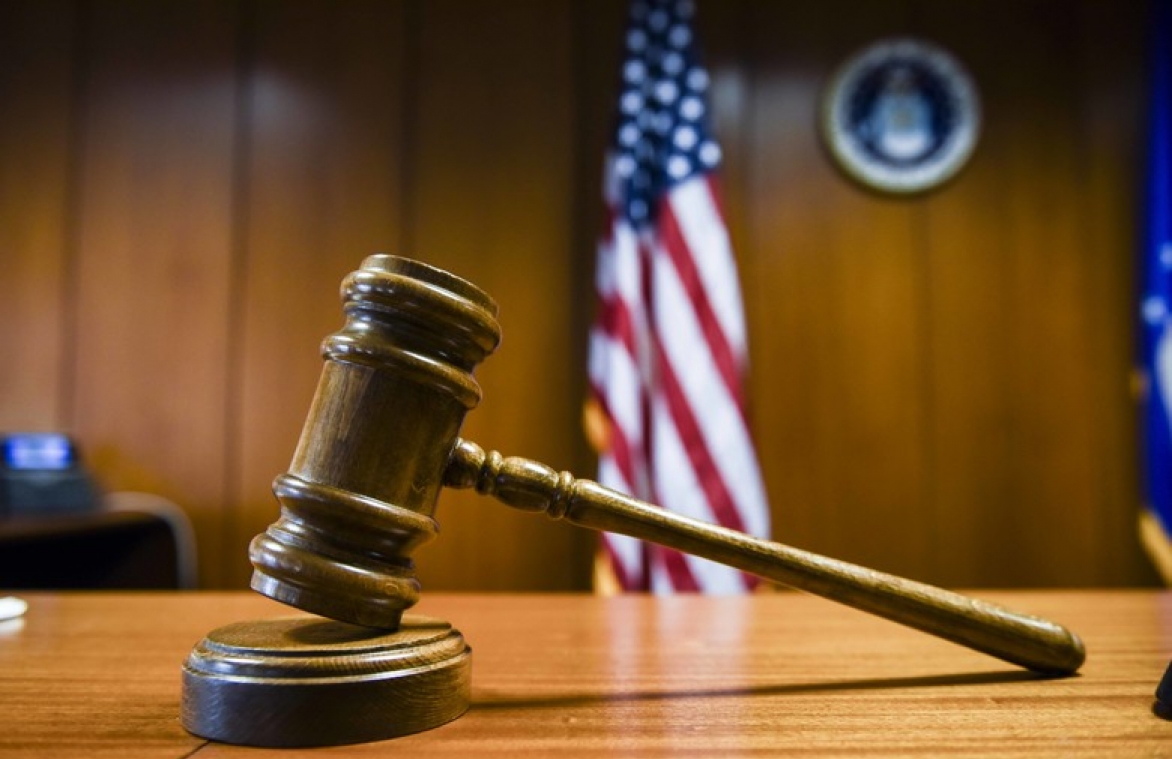By David L. Hudson Jr., published on December 20, 2019

Click here for our new feature on Presidents & the First Amendment
An examination of all 46 presidents and their engagement with the First Amendment
By David L. Hudson Jr., published on December 20, 2019
